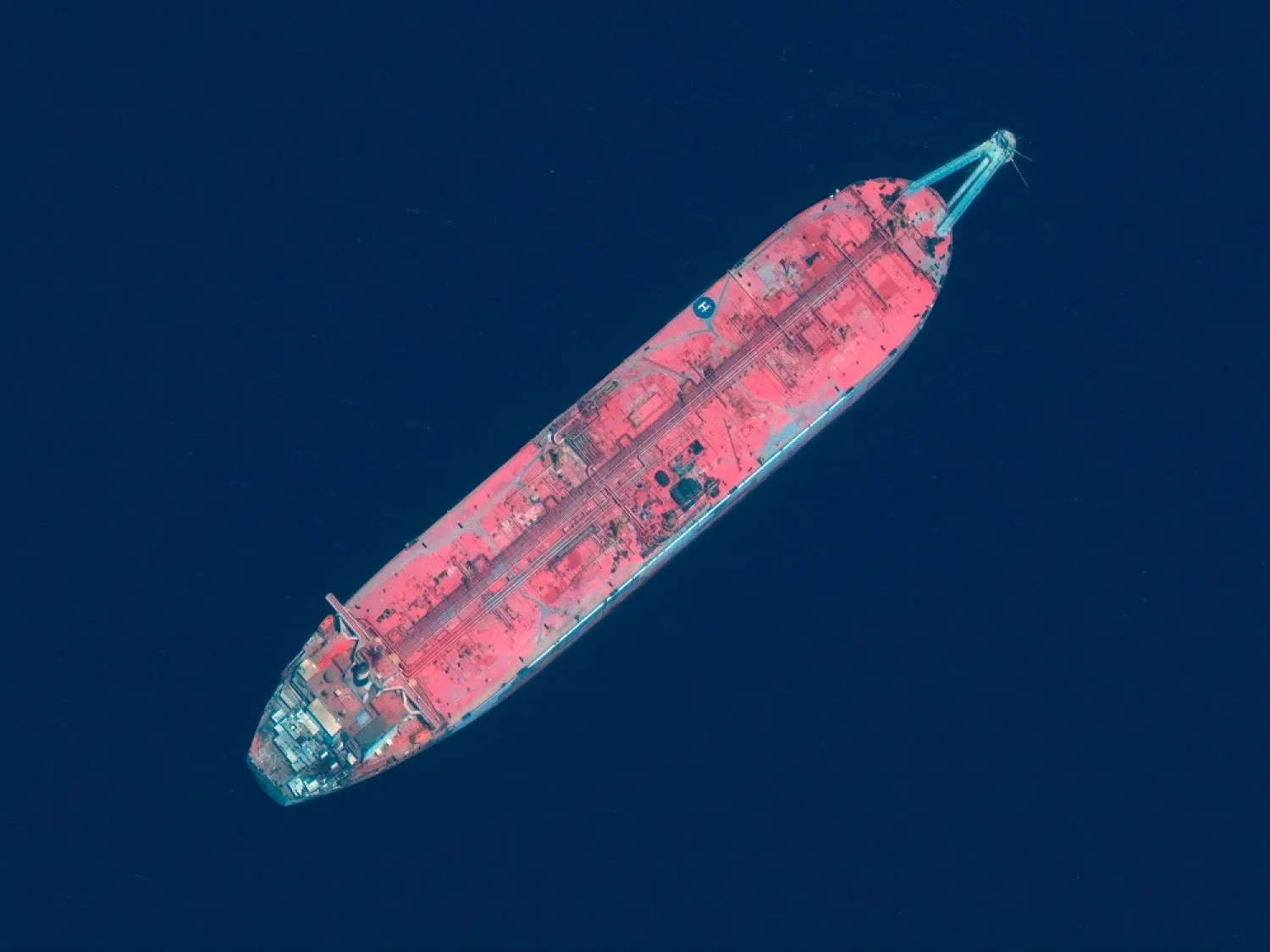An agreement has been reached in principle on a UN-coordinated proposal that would transfer more than 1 million barrels of crude oil from a tanker that has been moored off the coast of war-torn Yemen since the 1980s to another ship, the UN humanitarian chief said Tuesday.
Martin Griffiths told the UN Security Council he was pleased to report the recent progress in efforts to resolve the issue of the FSO Safer, whose long-term presence in the Red Sea has raised fears of a massive oil spill or explosion that could cause an environmental catastrophe.
Griffiths gave no details, but Hans Grundberg, the UN special envoy for Yemen, told reporters later that progress, “as always in Yemen, needs to be solidified in order to be taken forward.”
The tanker is a Japanese-made vessel built in the 1970s and sold to the Yemeni government in the 1980s to store up to 3 million barrels of export oil pumped from fields in Marib, a province in eastern Yemen that is currently a battlefield. The ship is 360 meters (1,181 feet) long with 34 storage tanks.
The Iran-backed Houthi militias control Yemen’s western Red Sea ports, including Ras Issa, just 6 kilometers (about 4 miles) from where the Safer is moored, and the UN has been negotiating with the militias for years to try to get experts on the tanker to examine it. Its efforts have always been met with Houthi intransigence.
Internal documents obtained by The Associated Press in June 2020 showed that seawater had entered the engine compartment of the tanker, causing damage to the pipes and increasing the risk of sinking. According to the AP report, experts said maintenance was no longer possible because the damage to the ship was irreversible.
The environment group Greenpeace released a report on Jan. 27 listing the environmental, humanitarian and economic impacts of a potential oil spill.
Paul Horsman, project leader of Greenpeace’s Safer response team, said the group is calling for the deployment of a containment boom around the tanker as a first line of defense. Booms are interconnected floating barriers that are usually spread across the water to stop a major oil spill.
But Horsman stressed: “The only solution is to move the oil safely from Safer to another tanker.”
Chris Johnson, a UN senior policy adviser who was present at the Greenpeace report’s Jan. 27 release, said the UN is already working on bringing a boom from Djibouti to Yemen’s main port at Hodeidah and is trying to locate a suitable vessel to which the oil could be transferred.









